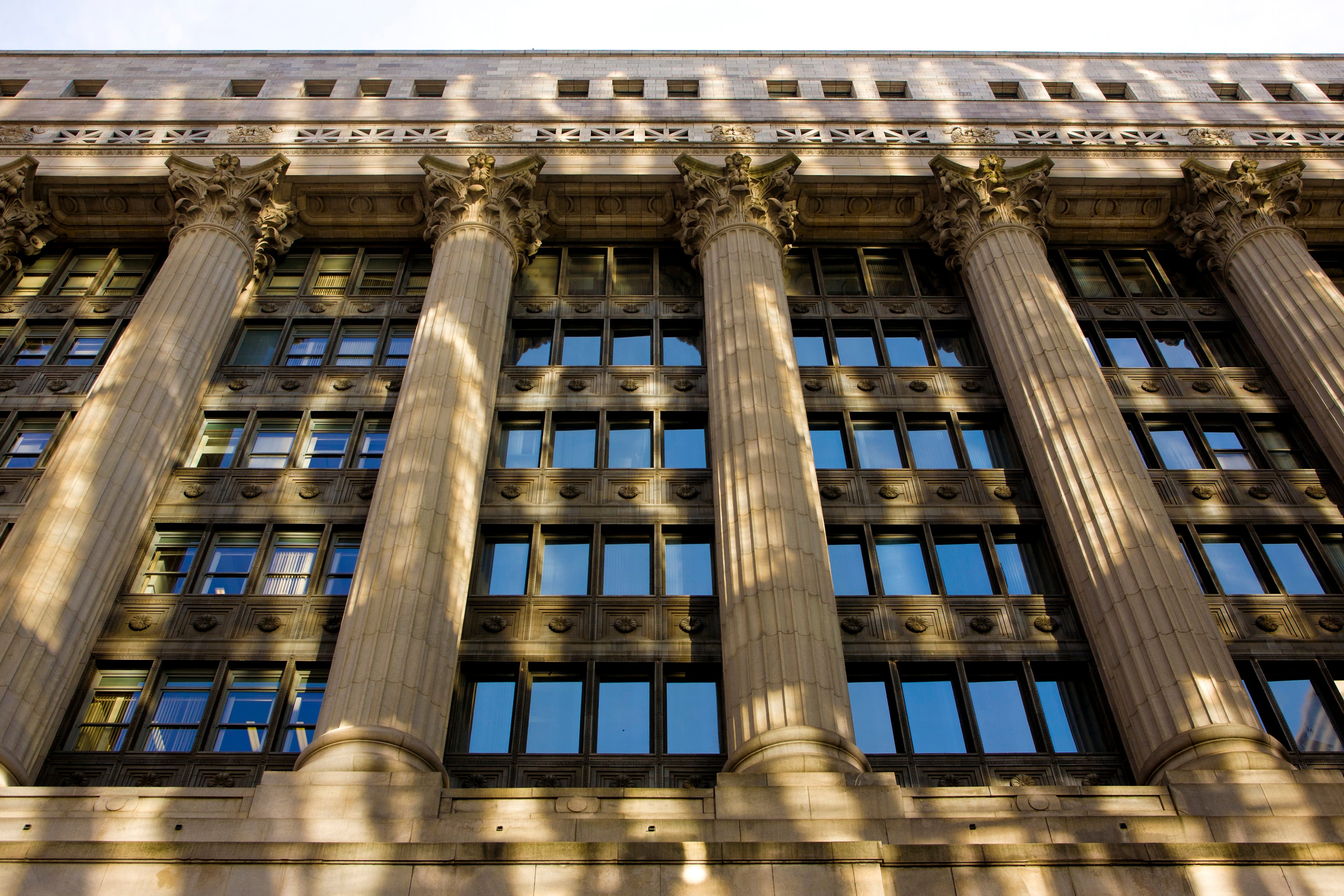Chicago voters will head to the polls Feb. 28 to vote for a new mayor. There are nine candidates on the ballot and if nobody gets more than 50%, the top two will head to a runoff on April 4. The winner will be the last mayor to have control of Chicago Public Schools before the district transitions to being governed by an elected school board.
Once elected, the new or returning mayor will appoint a school district CEO and seven school board members to oversee the nation’s fourth largest school district, its $9.5 billion budget, 635 schools, and the education of 322,000 children.
All nine candidates come to the race with varying experience in education. To better understand how each one would tackle the challenges facing Chicago Public Schools, Chalkbeat asked each candidate the same ten questions — some of which came directly from our readers.
Readers can find the candidates’ answers using the interactive feature below.
Mauricio Peña is a reporter for Chalkbeat Chicago covering K-12 schools. Contact Mauricio at mpena@chalkbeat.org.
Becky Vevea is the bureau chief for Chalkbeat Chicago. Contact Becky at bvevea@chalkbeat.org.






